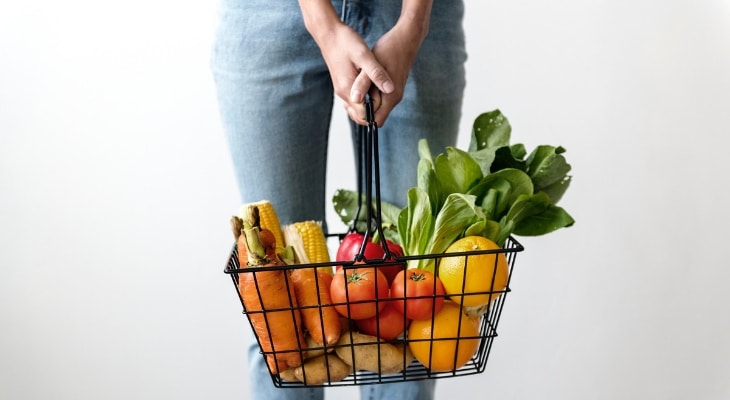Global Trends in Organic: Data, Deals and Disruptors
At the Nordic Organic Food Fair this year, Natural Products Global presented the findings of its annual Global Trends in Organic report.
The survey, compiled by NPG editor Jim Manson, draws on a full year’s coverage of the global organic scene by NPG’s editorial team.
Talking ahead of his presentation, Manson said: “This is very much the world of organic seen through an editorial lens. That said, I tried to choose stories that generated the most reader interest, and for people talking. And, also, stories that when seen together tell us something new, and sometimes unexpected.”
He went on: “To judge by some usually reliable metrics, organic markets around the world are currently in robust good health. Organic sales are growing strongly worldwide, market penetration is rising, M&A activity and investment remains high, retailer engagement is deepening and consumer awareness is increasing. Set against a backdrop of a global epidemic of lifestyle diseases, and an urgent need for practical climate change mitigation, organic’s longer term outlook look promising too.”
“There are calls from some quarters for a realignment of organic values…And with that, comes the question ‘what kind of organic industry do we want in future?’”
But he urged the sector not to take anything for granted. “The global organic food and farming Industry faces some formidable challenges – from undersupply issues to a growing international fraud problem; on-going regulatory hurdles to charges of elitism. And as organic moves into the next phase of its development – organic version 3.0 as it’s being labelled – there are calls from some quarters for a realignment of organic values, and move away from the current market dominated model. And with that, comes the question ‘what kind of organic industry do we want in future?’”
Setting out the headline data, Manson noted that:
- The global organic industry is worth US$ 90 billion
- The EU market is worth €33.5 billion
- US market, the world’s biggest market, at €38.9 billion, followed by
– Germany (€9.5 billion)
– France (€6.7 billion)
– China (€5.9 billion) - Canada, Italy, UK, Switzerland and Sweden are in 5/6/7/8/9/10 places respectively
(Source: 2018 edition of the joint FiBL/IFOAM publication World of Organic Agriculture, based on 2016/17 data).
Manson’s presentation (video with commentary below) goes on to look in more detail at key ‘country stories’, M&A and investment activity, the regulatory environment, challenges around communicating organic (“what happens when we try to change the conversation”) and how the sector is planning for its next phase of development.
About the author: Jim Mason
Jim Manson is editor-in-chief of Diversified Communications UK‘s natural and organic publishing portfolio. He’s written widely on environment and development issues for specialist magazines and national media, including the Financial Times, The Guardian, The Times, and World Bank Urban Age.
About Natural Products Global
Natural Products Global is the one-stop global resource for natural and organic industry professionals. Built around an editorially independent daily news service it delivers a compelling mix of news, business insights and analysis. Building a natural and organic future by connecting people and growing businesses – subscribe for more articles like this
-
Get your FREE ticket
- REGISTER FOR FREE

